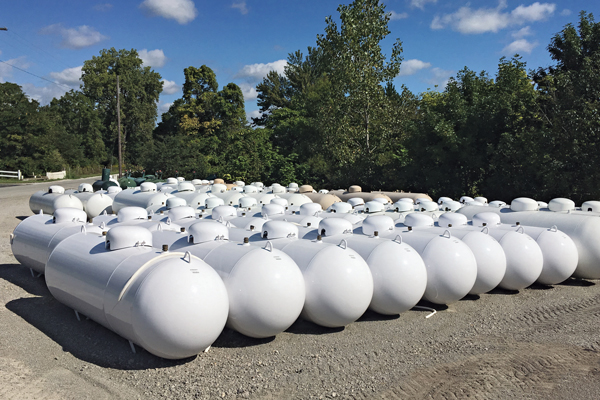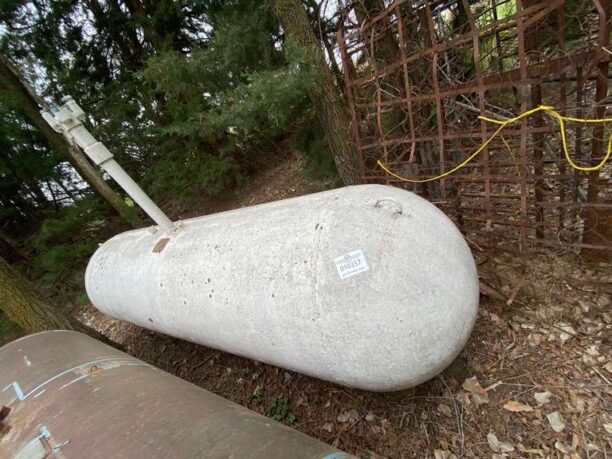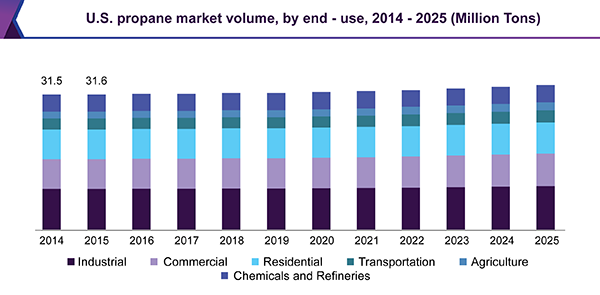How Global Trends Influence Propane Markets
Propane, a vital energy source for heating, cooking, and industrial processes, is influenced by a variety of global factors. Understanding these dominant influences can help propane businesses navigate the shifting landscape of their industry. Economic Factors Global Economy Economic conditions directly impact propane demand. In robust economies, industrial output increases, boosting propane use in manufacturing… Continue reading How Global Trends Influence Propane Markets









